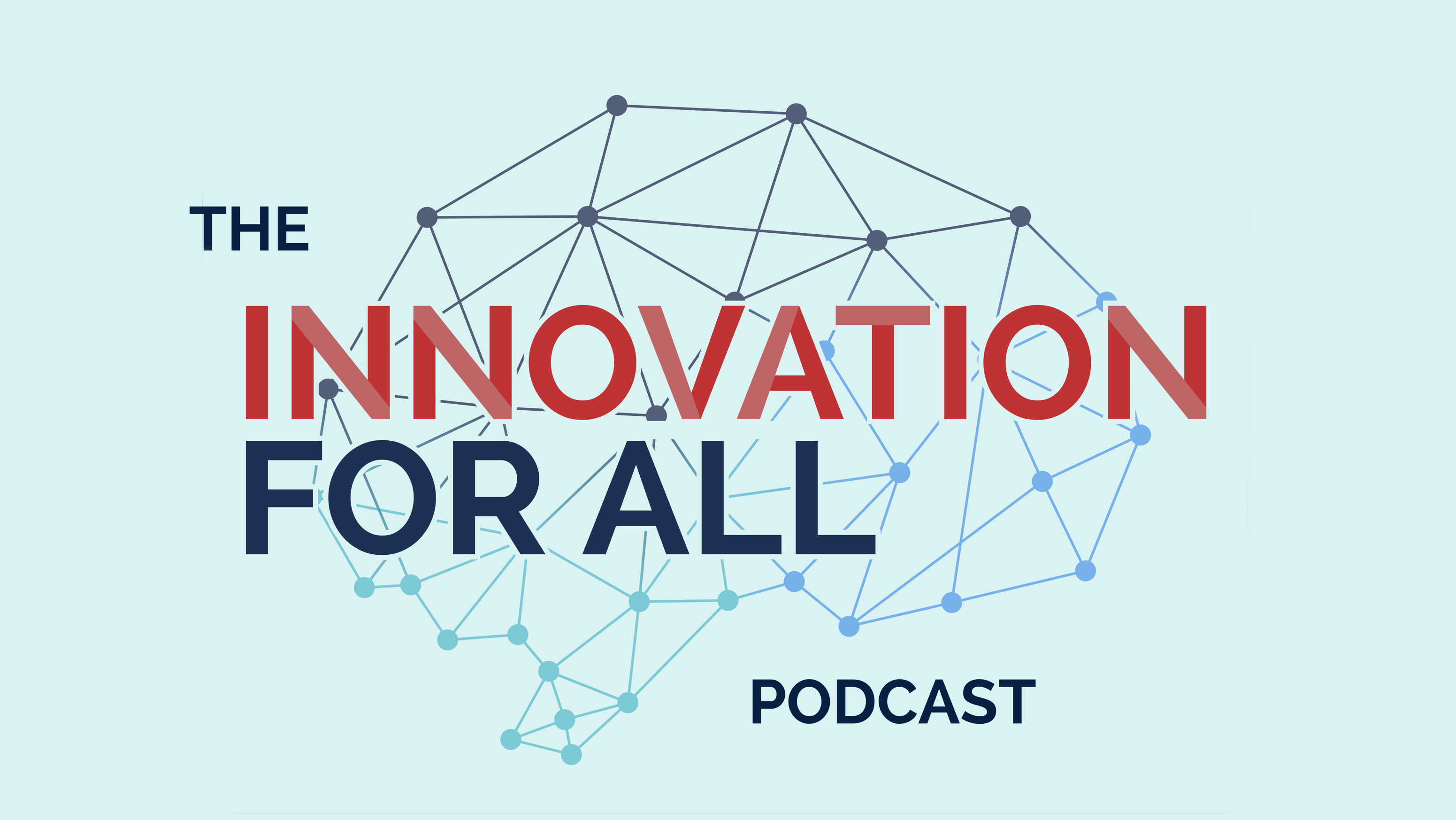
“Set the market and work when and how you like. You have complete control.” At least that is what gig economy companies like Uber would have you believe. In this episode of Innovation For All Podcast, Sheana speaks with Marshall Steinbaum, Assistant Professor of Economics at University of Utah, to talk about the pitfalls of the gig economy. Find out how employers can have control over the workforce without being a monopoly and how gig workers may be getting the short end of the stick.
You’ll learn:
- Why did Uber driver’s strike?
- What makes the gig economy examples more complex?
- What is the difference between the gig economy labor and employment relationships?
- What should an independent contractor relationship look like?
- Who is an independent contractor?
- What are the markers of employer and employee relationships as opposed to independent contractor relationship.
- How does antitrust factor in to these issues?
- Proposed solutions to the gig economy and labor laws
- How these companies exercise control over their workers
- Good news about the gig economy
Mentions and Links:
- Clayton Antitrust Act of 1914
- Joint employment
- Sherman Antitrust Act of 1890
- Norris La Guardia Act
- Seattle collective bargaining case
- Alan Krueger
- Seth Harris
- A Proposal For Modernizing Labor Laws for 21st Century Work
- Sally Hubbard
- Brian Callaci
- Sanjukta Paul
- Alex Rosenblat
- Articles by Marshall
More About Marshall
Marshall Steinbaum is a Research Director and a Fellow at the Roosevelt Institute where he researches market power and inequality. He has worked for the Center for Equitable Growth and had a Ph.D from the University of Chicago. He has written an SSRN anti-trust gig economy and labor article and appears the book The President’s House is Empty: Losing and Gaining Public Goods.
Connect with Marshall:
